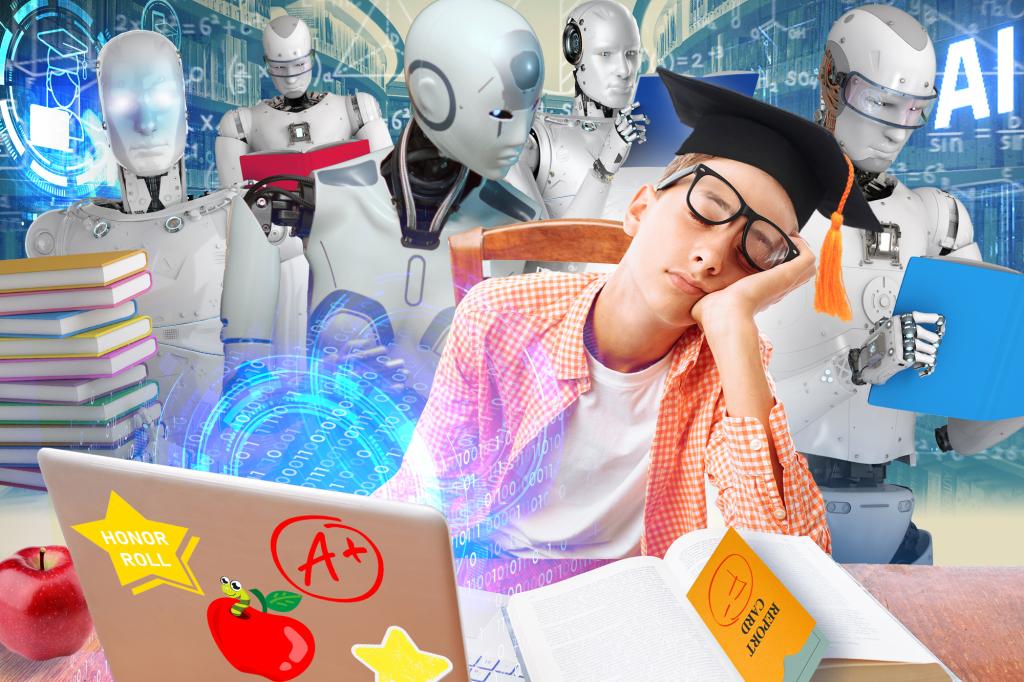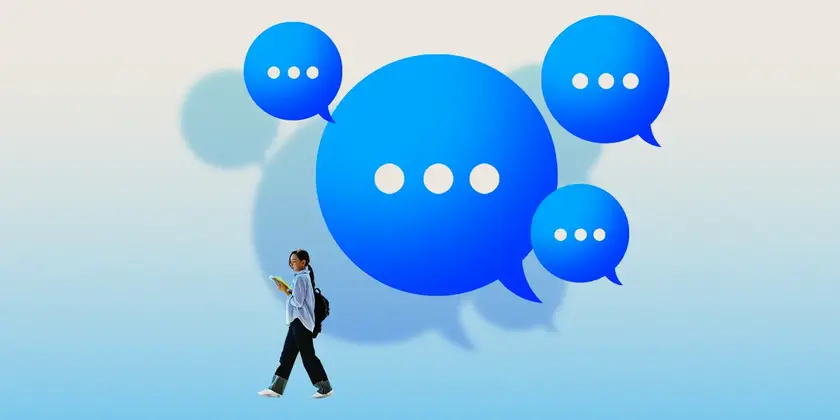T4K3.news
Gen Z members actively reject AI tools
A group of Gen Z women discusses their strong opposition to the use of AI in daily life and work.

A segment of Gen Z actively chooses to reject AI tools in their daily lives and work.
Gen Z's rejection of AI tools grows among some
A recent article from Business Insider shines a light on the perspectives of four young women from Generation Z who have chosen to avoid artificial intelligence tools in their lives. These 20-somethings express strong concerns about the environmental impact of AI, the loss of personal connections in therapy, and the influence of AI-generated content on their work as well as their communities. Alexis Rose Young, a marine biology student, connects AI's energy demands to increasing carbon emissions, while Cheyenne Shoemaker, a former mental health worker, criticizes the replacement of human therapists with AI. Weezy Simes, a florist, laments the decline in her business due to AI-generated floral designs, and Delaney Vetter, a publicist, mentions how AI complicates authentic communication in creative fields. Despite being a generation considered 'AI native', a segment of Gen Z is firmly opposed to adopting these technologies in various aspects of their lives.
Key Takeaways
"I personally do really care about the environmental impact with the amount of carbon that AI requires."
Alexis Rose Young explains her environmental concerns regarding AI's carbon footprint.
"A big part of the benefits of therapy is that therapist-client relationship."
Cheyenne Shoemaker highlights the importance of human interaction in therapy versus AI.
"AI is destroying communities, health, and the environment."
Weezy Simes shares her strong opposition to AI's impact on her industry and community.
"AI seems to be, in my perspective, the exception to the rule."
Delaney Vetter reflects on the contradiction of using AI while advocating for ethical practices.
The strong resistance among these young women toward AI tools highlights a growing divide within a generation often perceived as comfortable with technology. Their fears are not merely personal but encompass ethical and environmental concerns that resonate with broader societal issues. By vocalizing their rejection of AI, they challenge the narrative that all young people should embrace technology unconditionally. Instead, this group underscores the need to weigh the societal costs of convenience. Their stand may inspire a reevaluation of how technology is integrated into daily lives, prompting discussions about sustainability and human connection in an increasingly digital world.
Highlights
- AI tools do more harm than good for our planet.
- My sales have been down since AI flooded the market.
- We are losing the human touch in therapy.
- AI seems to be the exception to my ethical principles.
Concerns over the implications of AI adoption
The growing rejection of AI tools by some Gen Z members raises significant ethical and environmental concerns. Their voices indicate a backlash against the pervasive use of technology in daily life and its potential impact on traditional jobs, relationships, and the environment. This highlights a critical discourse between technology's benefits and its societal cost.
As more Gen Z members voice their concerns, the discourse around AI's role in society may shift significantly.
Enjoyed this? Let your friends know!
Related News

Gen Z relies on AI for school assignments

Gen Z turns to ChatGPT for life decisions

Debate grows on Gen Z stare

Gen X Parents Overprotect Their College-Bound Children

Job Market Challenges for All Generations

Gen Z questions college education value

Gen Z graduate struggles amid job hunt and student debt

American Express reports record earnings and strong spending growth
